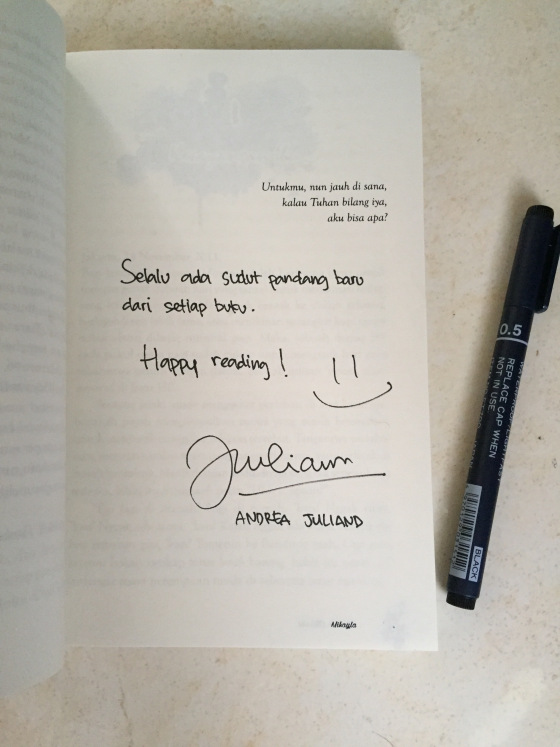- The Skies Belong to Us – Love and Terror in the Golden Age of Hijacking
- by Brendan I. Koerner
- Copyright 2013
- Publisher – Crown Publishers
- 273 pages
Rating – 8.5/10

Summary – The Skies Belong to Us is two nonfiction stories in one book. First, author Brendan Koerner tells the story of a bizarre, successful 1972 skyjacking. Second, Skies is a general overview of the rise and fall of skyjacking from the 1950s to the 1970s. Surprisingly, Koerner balances the two topics well and – as a result – the book is terrific.
Review – Back in summer 2013, I was spending some time out at Orange Beach, Alabama. One Sunday I treated myself to one of life’s great pleasures – the Sunday New York Times. The book review section discussed The Skies Belong to Us. Skies sounded good, so I put the book on my lengthy “to-read” list, but didn’t get around the reading Skies until I saw a copy at the local library a week or so ago.
Two Lost Souls
The late-1960s and the early-1970s produced incredible turmoil. The rapid changes led many adrift from the straight-and-narrow paths that people had taken in the past. Roger Holder and Kathy Kerkow were two of those searching people.
Roger Holder was born in 1949, the son a career U.S. Navy sailor. His childhood seemed relatively good, but for a nightmarish stretch that the black Holder family spent in Coos Bay, Oregon. The Navy posted Holder’s father to Coos Bay, which had almost no black families. Shortly, the Holder family was run out of Coos Bay.
After leaving Coos Bay, Roger Holder’s life was turbulent. He dropped out of high school after getting a girl pregnant. He was soon the father of twin girls. Then, like his father, he joined the military. Roger saw much combat in Vietnam, volunteering to serve additional tours. Eventually, he drifted into drugs, which got him thrown into the stockade. When Roger got back to the U.S., he went AWOL and lived under an assumed name in San Diego.
Ironically, Cathy Kerkow – who was born in 1951 -also grew up in Coos Bay. Holder and Kerkow claimed that they had crossed paths during the Holder’s family’s brief stay in town. Cathy was the oldest of four children. She was forced to become a mother to her siblings when her father abandoned the family to pursue a career as a jazz musician.
After graduating from high school, Cathy also began drifting, attending junior college and running through a string of jobs. A high school girlfriend needed someone to share the rent in San Diego and Cathy jumped at the chance to move south. At the time that Cathy reconnected with Roger, she made her money by providing sexual favors in a massage parlor and by selling marijuana.
Cathy and Roger soon became lovers and Roger began plotting a skyjacking. Cathy’s only reaction when Roger told her what he was planning was “So, what do I wear to a hijacking?” (P. 103). One frustration with Skies is that the reader doesn’t get enough of Cathy’s perspective. To make up for this, Koerner “gets inside her head” as an omniscient narrator who is privy to what she was thinking from moment to moment over forty years ago. This aspect of the book is unconvincing to the reader.
The Big Picture – Skyjacking
Koerner ties to make Skies more than “just a true-crime” book by interspersing the Holder and Kerkow’s stories with the tale of the skyjacking crisis that occurred as air travel became common. I had major worries about this thread, because I thought that Koerner was going to ruin his book by diluting its focus. Fortunately, Koerner shows a deft touch, and never allows the book to bog down. Wisely, he keeps Holder’s and Kerkow’s stories at the book’s center, and makes the “big picture” a subplot.
The thesis in the “big-picture” sections is that the skyjacking crisis emerged due to the political/social changes in the U.S. And due to the airlines’ lobbying against any meaningful attempts to improve airport security. (Airline executives believed that they lost less money by dealing with skyjacking than by putting unhappy passengers through security checks).
One interesting aspect of Skies is the fascination that many hijackers felt for Cuba and Fidel Castro. At a time when Americans were barred from visiting Cuba, many of the hijackers demanded to be flown there, in hopes of obtaining political asylum. As Koerner recounts, most of the hijackers were disillusioned by what they found –
Skyjackers who rubbed their G2 [Cuban] interrogators the wrong way, meanwhile, were dispatched to squalid sugar-harvesting camps, where conditions were rarely better than nightmarish. At these tropical gulags, inmates were punished with machete blows, political agitators were publicly executed, and captured escapees were dragged across razor-sharp talks of sugarcane until their flesh was stripped away. One American hijacker was beaten so badly by prison guards that he lost an eye; another hanged himself in his cell. (Pp. 45-46)
Though nothing can really top the Holder-Kerkow story, there are some good tales in this section of Skies. As Koerner recounts, skyjackers generally were desperate and willing to risk everything to change their fortunes. One story that I particularly enjoyed concerned a Utah man who hijacked a plane and then – as a member of the National Guard – was ordered to join law enforcement’s manhunt for the hijacker. So, he was searching for himself (pp. 97-98).
Adventures in Algeria and France
For all of the book’s political subtext, The Skies Belong to Us might work best as an amazing-but-true adventure story. In April 1972, Holder hijacked a jet with plans to a) free radical activist Angela Davis (who was on trial at the time) and then b) fly the jet to North Vietnam.
Holder and Kerkow were almost laughably inept as hijackers. Kerkow’s check for tickets bounced and they almost couldn’t get on a jet to hijack. Then Cathy remembered that her father had sent her a ticket so that she could visit him in Seattle. Kerkow cashed in that ticket and bought new tickets for both of them. But the jet that they flew on could not fly as far as North Vietnam.
Despite their incompetence, Roger and Cathy succeeded. They made it to Algeria where they received political asylum and associated with Eldridge Cleaver and the other Black Panthers who were living there in exile. The Algeria section is excellent, an adventure in and of itself.
Eventually, Holder, Kerkow, Cleaver, and all of the other American exiles got put out with Algeria. Holder, Kerkow, and Cleaver all ended up in France, setting up an involved battle for extradition. After Roger and Cathy arrived in France, their relationship took a turn. Roger, who had been the leader of the two to that point, began to experience mental problems. Cathy thrived in France and eventually became a part of Paris’ chic, artsy crowd.

Back cover
Departure
Koerner does a nice job of tying the story together. However, there are many things that we still don’t know and that will frustrate the reader. Despite that, Skies is terrific. Readers interested in true crime, the counterculture, and amazing-but-true stories will enjoy it.
Advertisements Like this:Like Loading... Related





